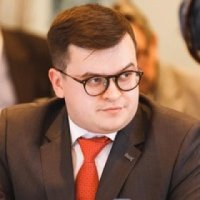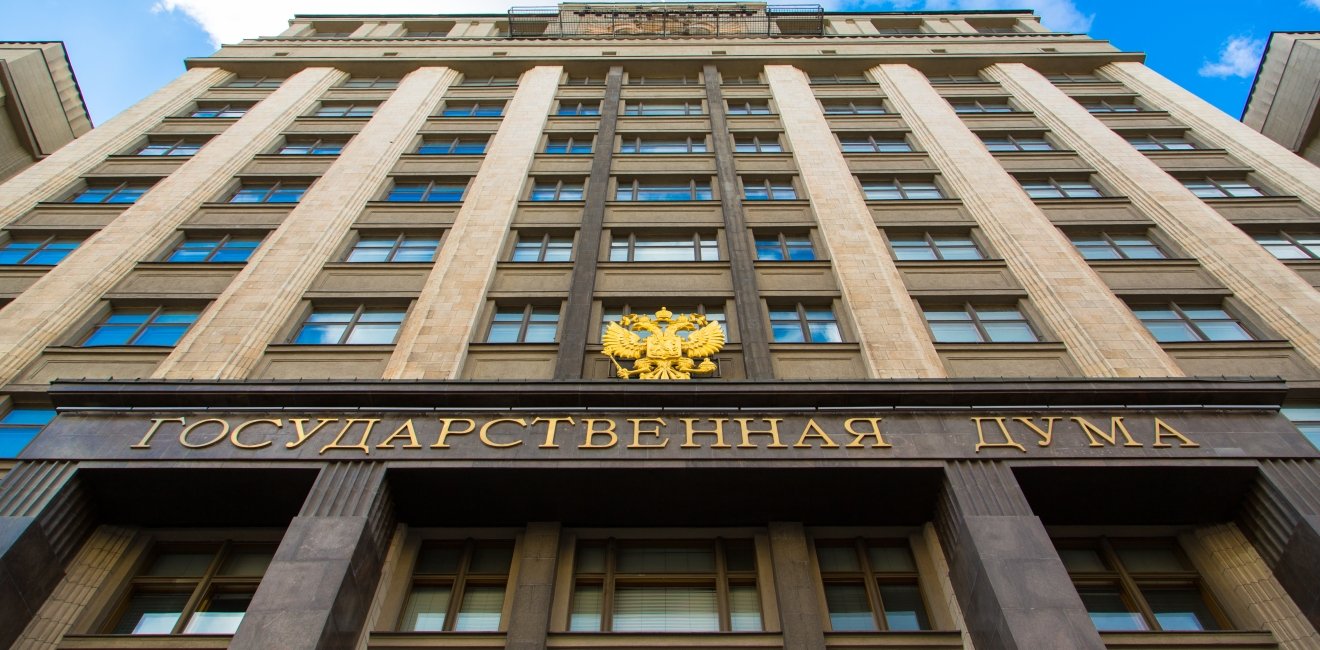
A blog of the Kennan Institute
BY STANISLAV ANDREYCHUK
On July 24, Russia’s Central Election Commission disqualified the businessman Pavel Grudinin from running for the State Duma, Russia’s lower chamber of parliament. Grudinin, who runs on the Communist Party list, was a candidate in the 2018 presidential election.
Two days later, on July 26, another candidate from Communist Party, Nikolay Bondarenko, said he might be disqualified too because he had received an order to present himself at a police precinct. He is charged with distributing “extremist content” for reposting, ten years ago, a video by Aleksei Navalny (the video was characterized as “extremist” later, in 2013). A member of the Mari El State Assembly, Anton Mirbadalev from the Liberal Democratic Party, was accused of the same transgression this past spring. The same thing happened to a member of the Tyumen Regional Duma, Yuri Yukhnevich (Communist Party), who had announced his plan to run for the Duma. Both Mirbadalev and Yukhnevich were fined 1,000 rubles ($14) and, under the Russian legislation, have lost their right to get elected.
A number of other opposition figures from all parts of Russia’s political spectrum have been prevented from running for office. Among them are Nikolay Platoshkin, leader of the movement For a New Socialism, the liberal Ilya Yashin, the independent Julia Galyamina, dozens of coordinators of the Open Russia group established by the opposition businessman Mikhail Khodorkovsky, and volunteers for Navalny’s regional branches (all of Navalny’s groups have been banned in Russia).
But that is only the tip of the iceberg. On June 22, the Movement for the Defense of Voters' Rights “Golos,” Russia’s leading independent election monitoring group, reported that around nine million Russian citizens have been effectively denied the right to run for any public office. Nearly one in ten Russians over eighteen years of age cannot stand even for a minor elected position.
In total, since Vladimir Putin first became president in 2000, there have been four waves of attacks on the electoral rights of citizens. Various restrictive laws were passed in 2006–2007, in 2012–2014, in 2020, and in 2021.
Russian citizens who happen to hold a second citizenship or a foreign residence permit and persons who have been found guilty of one of the 400 criminal and administrative offenses are the latest additions to the millions of others who have been denied the right to get elected.
Estimated to be at least six million large, the group of second citizenship or foreign residence permit holders is currently the largest category of modern lishentsy, a Soviet term for people who are deprived of their electoral and citizens’ rights for belonging to the wrong political classes.
To this number should be added those who hold financial assets or bank accounts in foreign jurisdictions. Pavel Grudinin, the businessman disqualified on July 24, falls into this category. Those whose income mainly comes from abroad are ineligible too. They are the most globalized Russians, and their political preferences are likely to differ from those of mainland Russians.
Another large group among the modern lishentsy comprises those convicted of drug dealing, a charge that is often used to manufacture criminal cases. The best-known case of this kind was the that of Ivan Golunov, a Moscow journalist who in 2019 was falsely accused of dealing in drugs. Maxim Reznik, a well-known opposition member of the St. Petersburg Legislative Assembly, was recently detained on similar grounds. Reznik said he wouldn’t run for office. In all, more than 300,000 people were convicted of this offense between 2010 to 2020 and cannot run for office as a result.
Since 2010, around 100,000 people have been convicted of fraud. Like the drug-dealing charges, trumped-up charges of fraud are often used to manufacture fictional crimes, with entrepreneurs the usual targets. Sometimes the charge is used to undermine opposition figures, too. For example, Aleksei Navalny and his supporters were accused of fraud in handling private donations. Just this summer, the opposition figure Dmitry Gudkov went into exile in Ukraine and withdrew from candidacy for the Duma elections after being detained on unpaid debt charges. Ketevan Haraidze, who planned to run for a Duma seat, is under arrest at the time of this writing. Two regional deputies allied with Sergey Furgal, the jailed former popular governor of Khabarovsk oblast in the Russian Far East, have been arrested on embezzlement charges.
Various charges of “extremism,” including disseminating “extremist” content, are often used to subvert potential political competitors, including political activists, protesters, and volunteers helping the opposition. In 2020 alone, 4,096 people were convicted of producing or distributing extremist materials, as well as for propaganda or public display of symbols recognized as extremist. Apart from the state symbols of Nazi Germany, such symbols now include the logo and other signs associated with Aleksei Navalny and his movement.
Potentially, about 17,600 people who have been charged with administrative offenses this year for organizing or participating in unauthorized protests may be at risk of criminal charges. Administrative offenses, if they are recurrent—that is, if the person in question is repeatedly detained at rallies—can turn into criminal charges. The article of the Russian Criminal Code that is used against repeat offenders of Russia’s highly restrictive protest rules deprives those convicted of their right to run for office. Moscow municipal deputy Yulia Galyamina is a recent case in point.
Today, with the expanded scope for electoral disqualification, and through their full control of the judicial process, the Russian authorities have powerful tools at their disposal to ban practically any candidate from any election. One of the consequences is that potential candidates refuse to participate in elections or are forced to lower their ambitions. Vladimir Ryzhkov, a prominent Russian politician who once was the deputy speaker of the State Dumа, was planning to run for the Duma this year, but has settled for competing for a seat on the Moscow City Duma instead.
The Russian authorities are acting from a position of strength. But whether this actually means strength is a good question to ask oneself. Russia’s ruling politicians’ indiscriminate use of the criminal justice system against their political opponents may signal a lack of certainty in their electoral prospects rather than full confidence.
The opinions expressed in this article are those solely of the authors and do not reflect the views of the Kennan Institute.
Author


Kennan Institute
After more than 50 years as a vital part of the Wilson Center legacy, the Kennan Institute has become an independent think tank. You can find the current website for the Kennan Institute at kennaninstitute.org. Please look for future announcements about partnership activities between the Wilson Center and the Kennan Institute at Wilson Center Press Room. The Kennan Institute is the premier US center for advanced research on Eurasia and the oldest and largest regional program at the Woodrow Wilson International Center for Scholars. The Kennan Institute is committed to improving American understanding of Russia, Ukraine, Central Asia, the South Caucasus, and the surrounding region through research and exchange. Read more

Explore More in The Russia File
Browse The Russia File
Chechnya as a Model of Modern Russia

Russia’s Indigenous Communities and the War in Ukraine

Gas and Power in a Changing US–Russia Relationship

